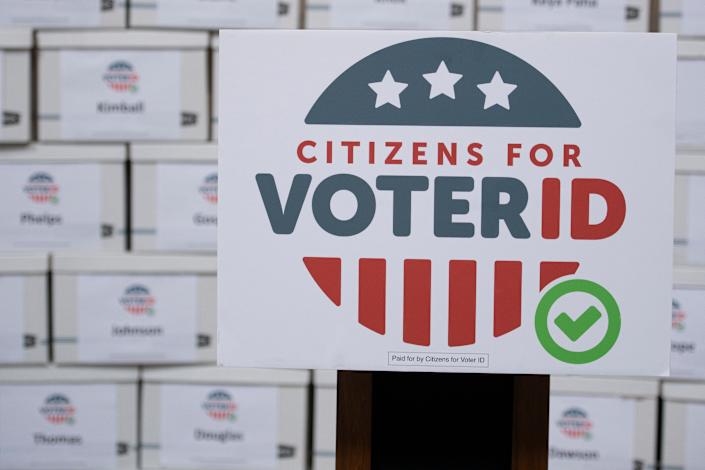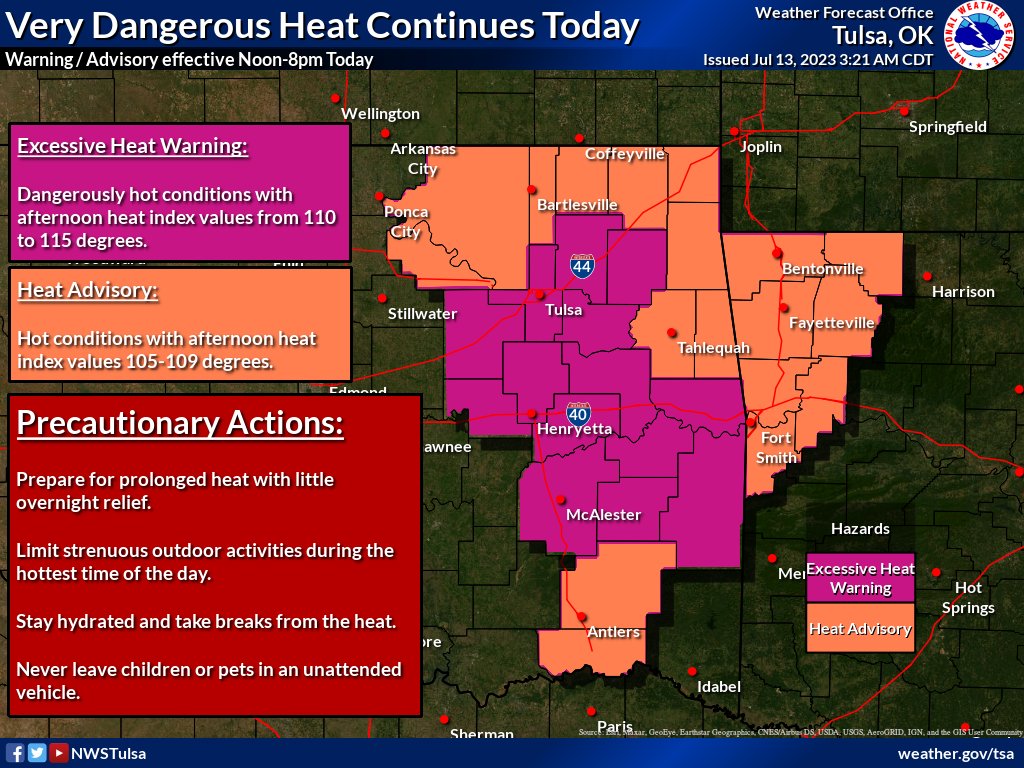Nebraska Voter ID Initiative Receives National Recognition

Table of Contents
Key Features of the Nebraska Voter ID Initiative
The Nebraska Voter ID Initiative outlines specific requirements for voters to present acceptable photo identification at polling places. Understanding these details is crucial to assessing its impact on voter participation and election security.
-
Acceptable Forms of Photo Identification: The initiative accepts various forms of photo ID, including a Nebraska driver's license or identification card, a U.S. passport, a military ID, and other government-issued photo IDs. A complete list is available on the Nebraska Secretary of State's website.
-
Obtaining a Voter ID: For Nebraskans lacking readily available identification, the process for obtaining a voter ID involves visiting the Nebraska Department of Motor Vehicles (DMV) or other designated locations. The DMV offers assistance with obtaining the necessary identification documents.
-
Voter ID Assistance Programs: Nebraska offers several assistance programs to help voters acquire the necessary identification. These programs often target specific demographic groups who may face challenges in obtaining appropriate photo ID. More information about these programs is usually available at local county election offices and through community outreach initiatives.
-
Penalties for Non-Compliance: Voting without proper identification under the Nebraska Voter ID Initiative results in a provisional ballot being cast. This ballot is later verified against voter registration records. While it does not result in criminal penalties, it emphasizes the importance of presenting valid identification.
National Recognition and its Implications
The Nebraska Voter ID Initiative has attracted significant national attention, appearing in various news outlets and sparking discussions among policymakers and election experts. This national spotlight has both positive and negative implications.
-
National Media Coverage: Major news networks, such as CNN and Fox News, along with prominent newspapers like the New York Times and the Washington Post, have covered the initiative, highlighting its features and generating public debate. Smaller, regional news outlets have also extensively covered its impact within Nebraska.
-
Reactions from National Figures: National figures have voiced both support and opposition to the initiative. Supporters emphasize its role in enhancing election security, while critics raise concerns about potential voter suppression. Organizations such as the ACLU have voiced concerns about the impact on specific voter demographics.
-
Impact on Voter Turnout: The long-term impact of the Nebraska Voter ID Initiative on voter turnout in Nebraska is still being studied. Preliminary data may be available through the Nebraska Secretary of State’s office, but more comprehensive analysis requires time.
Arguments For and Against the Nebraska Voter ID Initiative
The Nebraska Voter ID Initiative, like similar laws in other states, has generated considerable debate. Here's a balanced look at the arguments both for and against it:
Arguments For:
- Increased Election Security: Proponents argue that the initiative enhances election security by reducing the potential for voter fraud, ensuring only eligible individuals cast ballots.
- Electoral Integrity: The initiative is seen as a measure to maintain the integrity of the electoral process and instill public confidence in election results.
- Preventing Duplicate Voting: Stricter identification requirements make it more challenging for individuals to vote multiple times under different identities.
Arguments Against:
- Voter Disenfranchisement: Critics argue that the initiative could disenfranchise certain demographics, particularly elderly individuals, low-income individuals, and minority groups, who may have difficulty obtaining the required identification.
- Accessibility Challenges: The initiative presents accessibility challenges for individuals lacking readily available identification or facing transportation barriers.
- Increased Costs: Implementing and enforcing the initiative incurs costs, including administrative expenses and potential legal challenges.
Comparison to Voter ID Laws in Other States
The Nebraska Voter ID Initiative shares similarities with voter ID laws in other states, but also has distinct features. Comparing it with other states offers valuable insights.
- Comparable State Laws: Several states, including Georgia, Texas, and Arizona, have implemented similar voter ID laws with varying requirements and provisions.
- Effectiveness and Impact: Studies examining the effectiveness of similar laws in other states have yielded mixed results, with some showing minimal impact on voter turnout and others indicating a noticeable decrease among specific demographic groups.
- Lessons Learned: Analyzing the experiences of other states with voter ID laws provides valuable insights into potential challenges and best practices for implementation and enforcement in Nebraska.
Conclusion
The Nebraska Voter ID Initiative represents a significant development in Nebraska's election landscape, attracting considerable national attention. Its key features, including the types of accepted identification and provisions for those without readily available documents, directly impact voter access. While proponents highlight enhanced election security and integrity, critics raise concerns about potential voter disenfranchisement and accessibility challenges. Comparing this initiative to similar laws in other states offers valuable lessons for policymakers and voters alike. Stay informed about the evolving landscape of voter ID laws by researching the Nebraska Voter ID Initiative and similar legislation across the nation. Your active participation in the democratic process is crucial.

Featured Posts
-
 The Future Of Buy Canadian Loblaws Ceo Weighs In
May 02, 2025
The Future Of Buy Canadian Loblaws Ceo Weighs In
May 02, 2025 -
 Six Nations France Sends Strong Message To Ireland After Italy Win
May 02, 2025
Six Nations France Sends Strong Message To Ireland After Italy Win
May 02, 2025 -
 Effective Strategies For Mental Health Literacy Education
May 02, 2025
Effective Strategies For Mental Health Literacy Education
May 02, 2025 -
 Tulsa Nws Forecaster Reports Near Blizzard Conditions
May 02, 2025
Tulsa Nws Forecaster Reports Near Blizzard Conditions
May 02, 2025 -
 5 Practical Steps To Increase Mental Health Acceptance In Your Community
May 02, 2025
5 Practical Steps To Increase Mental Health Acceptance In Your Community
May 02, 2025
